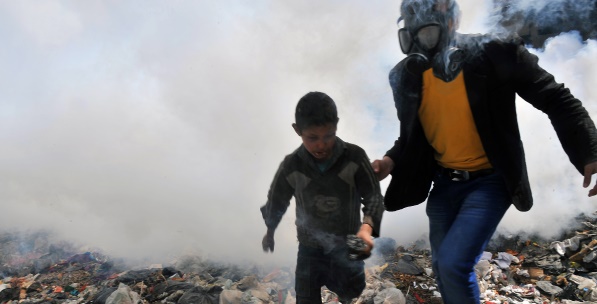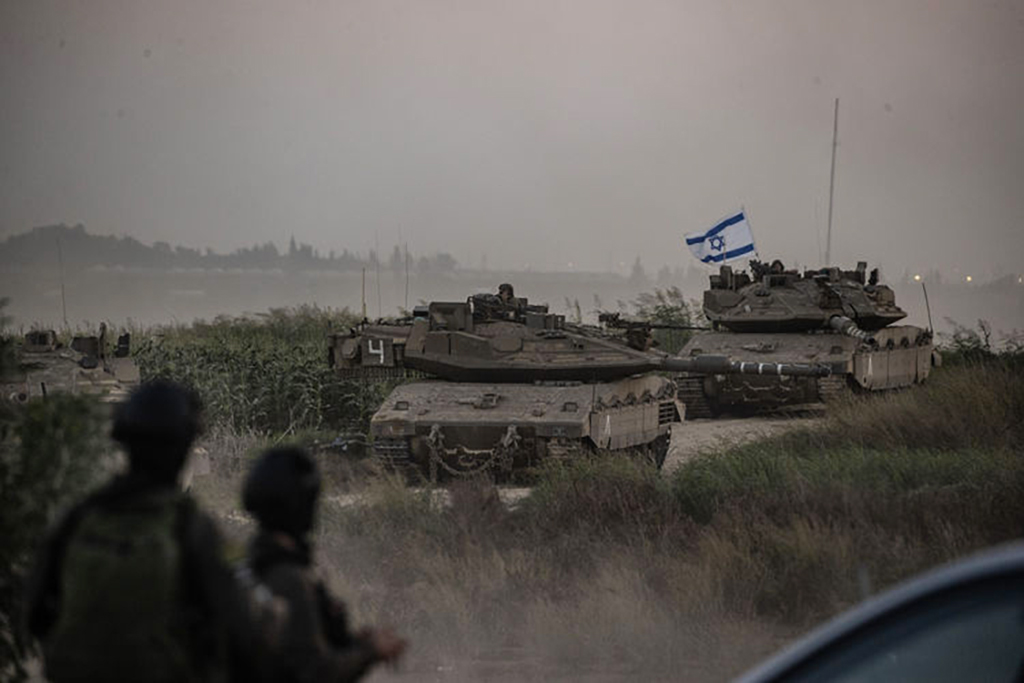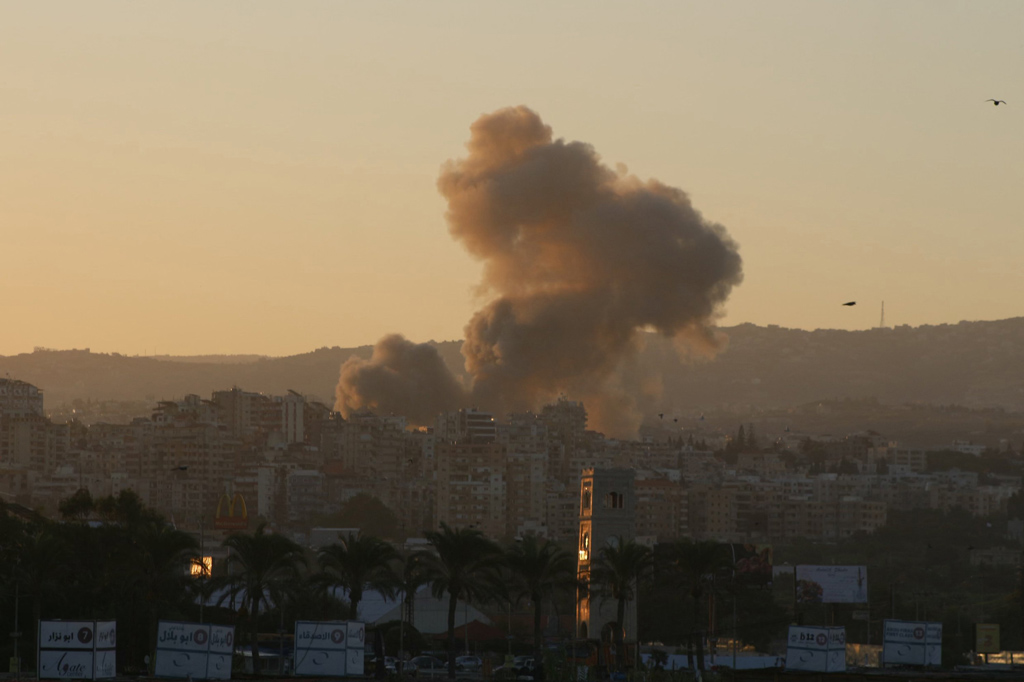Seymour Hersh's recent piece on the chemical attacks in Ghouta, Syria last August, has again sparked debates regarding his story and the problems with it.
After a similar piece was harshly criticized in December 2013, instead of responding to questions and criticisms about his previous article, Hersh ignored the critics and this time goes one step forward and blames the Turkish government for supplying chemical weapons and helping radical groups use chemical weapons in Syria. Just like in his previous piece, Hersh, this time, ignores the findings of independent reports regarding the sarin attack. He again prefers to focus on some anonymous sources and an intelligence report, of which he cannot confirm the existence. Since the publication of his article in the London Review of Books, Hersh's piece has been criticized and challenged by different analysts and experts familiar with the case and the conflict in Syria.
Moreover, a lab in London, and the Turkish and U.S. administrations have denied claims made by him this past week.
However, despite these official statements and independent red flags regarding the accuracy of his claims and fallacies in his arguments, since its publication, Hersh's piece has been debated and discussed among attentive observers of Syria. It in one way or another, this has temporarily shifted the debate regarding the issues in Syria. This situation raises questions about the possible impact of Hersh's article on several different issues.
Although there are several different arguments in the article, it looks like the main target is the Turkish government and its policies in regard to the conflict in Syria. Several stories have been written on Turkey in recent months referring to the information acquired from some former U.S. intelligence officials.
These stories blame Turkey for supporting radical groups in Syria, training them and providing ammunition for these groups. The role of Turkey in Syria is framed in a way that makes the Turkish government almost solely responsible for the conflict in Syria. Hersh's piece is the latest in this chorus of articles that blames Turkey for such problems and now for the chemical attacks in Syria. Although Turkey has consistently denied these accusations and although it was reported in recent weeks that intelligence agencies of several countries, including the U.S., Saudi Arabia and Turkey met to coordinate aid shipments for opposition groups in Syria, there is a consistent and constant attack being launched against Turkey and its activities in Syria. The scapegoating of Turkey in Syria raises questions about the real sources or actors behind these former intelligence sources and why they are aiming to create this policy perception regarding Turkey in the region. Furthermore, the main claim of the article aims to defame Turkish policy in Syria on the one hand, but on the other hand also puts the U.S. in a terrible position, as a country that can turn blind eye to a chemical attack by al-Qaida affiliates in Syria that killed more than 1,500 people. So the article with this argument not only attacks Turkey but also U.S. foreign and security policy as well (no wonder why Syrian pro-regime news agencies liked the claims a lot).
Secondly another negative impact of these articles concerns Turkey-U.S. relations. Due to the fact that these stories target Turkish policy in Syria, the sources have been different (or similar) personalities in U.S. intelligence and this can create a serious problem of mutual trust in bilateral relations. It is not a secret that Turkey and the U.S. have not been in 100 percent agreement over the Syrian crisis.
However despite a difference of opinions, the two countries managed to cooperate in many instances in regard to Syria. However, while the foreign ministers of two countries meet regularly and while intelligence agencies work to coordinate their policies, the articles make it seem like some people in the U.S. administration are providing information (accurate or not) to journalists









